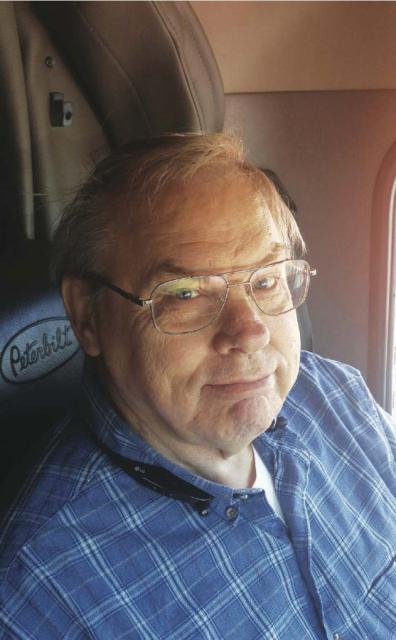XM OR TRANSISTER RADIO?

Everyone has an
earliest memory of childhood. Mine was curling up in front of the family’s
floor-model Philco radio. A few years later the coolest accessory I could
attach to the handlebars of my Schwinn Flyer bicycle was a transistor radio.
I went everywhere with that thing, listening
to the on-air wars between WDGY and KDWB, two of the most popular radio
stations in the Twin Cities of Minnesota. It was the era of DJ’s like Diamond
Jim Dandy, True Don Bleu, Johnny Canton, and Bill Diehl, bringing to life the
music of Bobby Darin, Chubby Checker, Elvis Presley and Connie Francis. Using
contests, concerts, promotions and corporate espionage, they stayed on top of
the Arbitron ratings—and my handlebars—throughout the sixties.
Just a decade later, I would buy my first new car, captivated by the
built-in 8-track player. Truly I was walking in high cotton, knowing it could
never be better than that. Then suddenly I was separated from my wife and
learned why divorce is so expensive. It’s worth it! But I digress…
Some years later, I took my turn at the radio microphone. Listeners frequently
shared their appreciation. Staff and management often did not.
I had a News Director once who didn’t like commercials. She didn’t
understand why they were there in the first place. I never understood how she got
there in the first place.
My talk show co-host was, in every sense of the word, an enigma. Shrewd
enough to sell half the revenue for a 4-station group, what he loved to do most
was talk radio. What he did worst of all was talk radio.
So, I went back to what I knew, and that’s trucking, then subscribed to
XM Radio, which I’d never done. It included genre-specific and commercial-free
music. And talk. And news. And sports. I couldn’t lose.
I lost. It’s been interesting, instructive, educational, and
entertaining. I could describe this two-year experiment in one word: Argh………
The 50’s rock & roll station has about 50 songs on its total playlist.
The 60’s channel has many records no one ever heard of. Over on Willie’s
Roadhouse channel, named of course for Willie Nelson, they play all Waylon, all
the time.
NASCAR channel 90 is a great place for races, featuring the very best
trackside announcers in the business, and they all host talk shows during the
week with outdoor voices in soundproof studios.
Up on the Road Dog Channel 146, many of their announcers have no broadcasting
or trucking experience. It brings to the airwaves an eclectic display of verbal
meandering, dead air, loud breathing, and stuttered presentations.
Since those carefree days of the 1960’s, I’ve witnessed amazing changes
in radio. From reel-to-reel tape recorders and cart machines, to satellite
dishes and voice-tracking, radio programming has always been on the cutting
edge of broadcast technology. But maybe not all of it for the better.
Along with directional microphones and 45 RPM records, dead air
disappeared almost overnight. But so, did personality. Programmers rely on
split-second overlaps, complicated formulas, and Peterbilt stereos that turn
themselves on and off. If I ever figure out how that improved my workday,
you’ll be the first to know!
I Don’t know whatever happened to my little transistor radio or the bike
it was taped to, but all I have to do is close my eyes to hear it just fine.
Radio is indeed a theater of the mind, and I’ll be completely honest. Of all
the things I’ve lost, I miss my mind the most.
You can reach Roger at [email protected].
